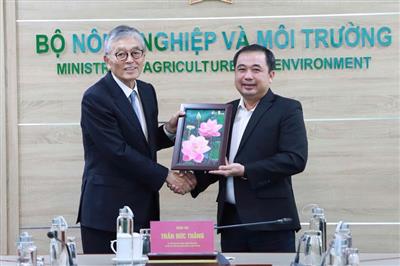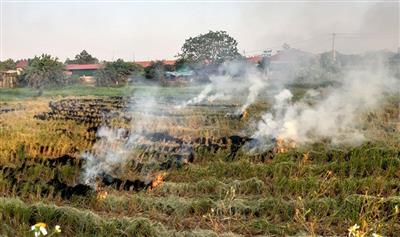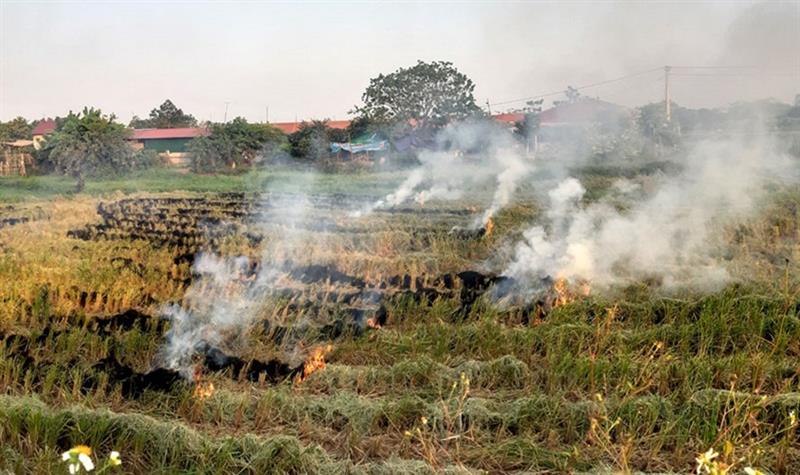
China's single-use plastic ban initiative gains traction
22/04/2024TN&MTChina's efforts to combat plastic pollution are gaining momentum, as the nation takes bold steps to address its environmental challenges. In Hong Kong, a phased ban on disposable plastic products has been set in motion on Monday (April 22), signaling a significant shift in the city's approach to waste management.

On Monday (Apr 22), Hong Kong began phasing in a ban on disposable plastics in restaurants and businesses.
Hong Kong's status as having the highest waste per capita footprint in Asia underscores the urgency of these efforts. The city, with a population of 7.5 million, landfilling 4 million tonnes of municipal solid waste annually, highlights the undeniable need for decisive action. Food waste accounts for about one-third of the total, and plastics contribute to more than one-fifth, emphasizing the pressing need to address plastic pollution.
The ban, introduced under the Product Eco-Responsibility Bill passed in 2019, is being implemented in phases. The first phase, which came into force on Monday – Earth Day – targets single-use plastic tableware, including cutlery, straws, stirrers, and plates. Offenders face fines of up to $12,800 USD for non-compliance.
The second phase of Hong Kong’s single-use plastic ban, slated to come into force next year, will extend to single-use plastic cups and takeaway boxes. This comprehensive approach reflects the city's commitment to tackling its chronic waste problem and reducing its environmental footprint.
Despite initial challenges, such as concerns over the affordability of sustainable alternatives and limited composting facilities, Hong Kong is pressing forward with its commitment to eliminate single-use plastics. The city's six-month adaptation period allows businesses time to transition to compliant practices, but industry experts stress the need for more support and incentives to facilitate this process.
Small-scale hospitality businesses, in particular, are grappling with the transition, facing hurdles in sourcing affordable alternatives and training staff on the intricacies of the ban. However, initiatives such as the government's Green Tableware Platform aim to assist retailers in finding suitable plastic alternatives.
While larger hotel brands have already begun implementing changes to align with the regulations, smaller establishments are facing greater challenges in adapting to the new requirements. The ban on single-use plastic tableware underscores Hong Kong's commitment to reducing its environmental impact and fostering a culture of sustainability.
As China's single-use plastic ban initiative gains traction, it serves as a beacon of hope for environmental advocates worldwide. By mandating policies to combat plastic pollution, China is paving the way for a greener, more sustainable future, where the environment and future generations stand to benefit.
Ngoc Huyen (SCMP, Eco Business)
















